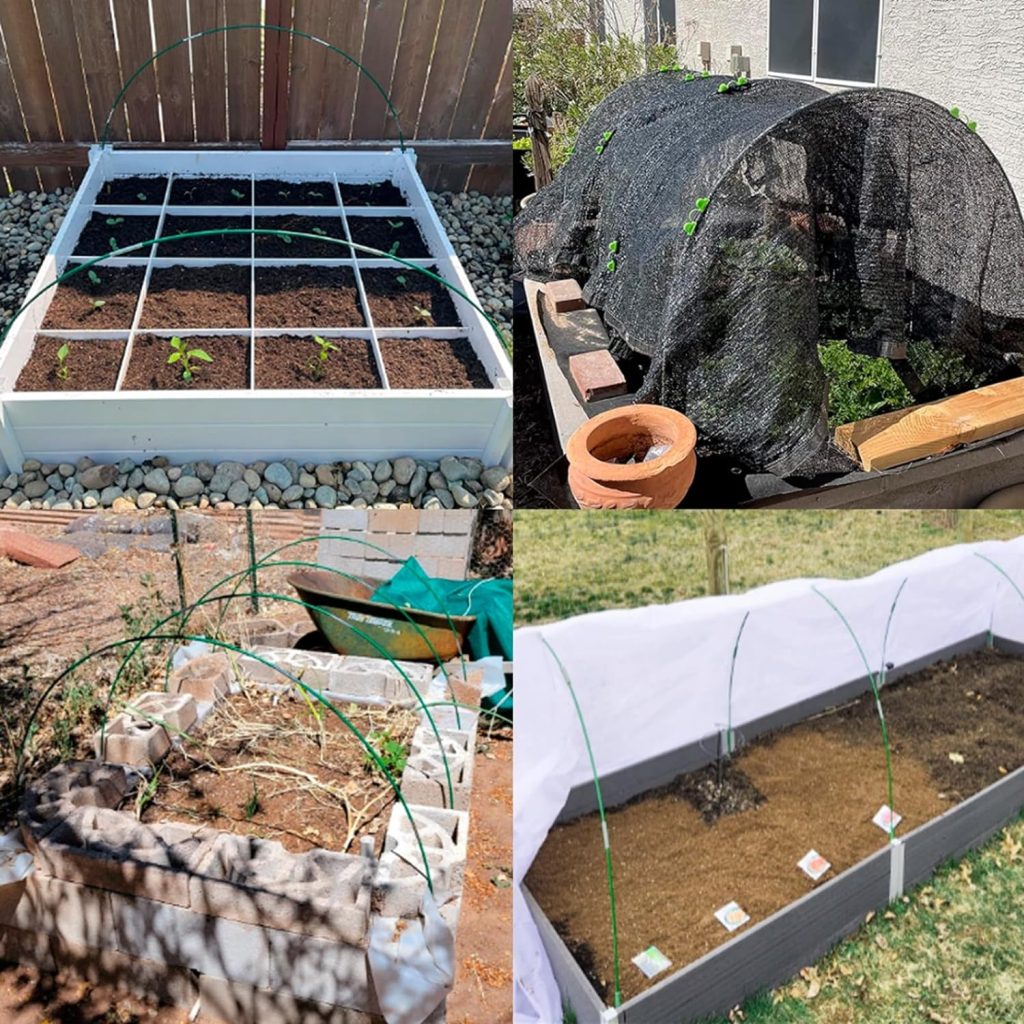Organic Gardening for Medicinal Plants
Organic gardening for medicinal plants combines the principles of organic cultivation with the growing of plants known for their healing properties. This practice not only ensures the highest quality and potency of the plants but also promotes environmental sustainability.
Below, we delve into the essential aspects of organic gardening for medicinal plants, including planning, soil preparation, plant selection, and maintenance.
Planning Your Organic Medicinal Garden
Location
Choosing the right location is crucial for growing medicinal herbs.
- Sunlight: Most medicinal plants require full sun, which means at least six hours of direct sunlight daily.
- Space: Allocate sufficient space for each plant to grow, considering their mature size.
- Water access: Ensure easy access to water for irrigation purposes.
Layout
- Raised Beds: Ideal for controlling soil quality and drainage.
- Companion Planting: Group plants with similar needs together and consider plants that repel pests naturally.
Soil Preparation
Organic Soil Amendments
- Compost: Adds vital nutrients and improves soil structure.
- Manure: Well-rotted manure enriches the soil with organic matter.
- Cover Crops: Grow nitrogen-fixing plants such as clover during off-seasons to enhance soil fertility.
Soil Testing
- pH Levels: Most medicinal plants prefer slightly acidic to neutral soil (pH 6.0-7.0).
- Nutrient Analysis: Test for key nutrients like nitrogen, phosphorus, and potassium.
Selecting the Plants
Common Medicinal Plants
- Aloe Vera: Known for its soothing gel used for burns and skin irritations.
- Lavender: Used for its calming effects and in essential oils.
- Echinacea: Boosts the immune system and is used in cold remedies.
- Peppermint: Helpful for digestive issues and in soothing teas.
- Chamomile: Known for its calming properties and as a sleep aid.
Seed Selection
- Organic Seeds: Ensure seeds are certified organic to maintain the integrity of your organic garden.
- Heirloom Varieties: Consider heirloom seeds for their genetic diversity and robust nature.
Organic Gardening Practices
Natural Pest Control
- Beneficial Insects: Introduce ladybugs, bees, and other beneficial insects to control pests naturally.
- Neem Oil: A natural pesticide that is effective against a variety of garden pests.
- Companion Planting: Plant pest-repelling herbs like basil and marigold alongside your medicinal plants.
Fertilization
- Organic Fertilizers: Use compost, fish emulsion, or seaweed extract.
- Mulching: Apply organic mulch to retain moisture, suppress weeds, and improve soil quality.
Watering
- Drip Irrigation: Efficient water delivery directly to the plant roots.
- Rainwater Harvesting: Collect rainwater to use for watering your garden, reducing reliance on municipal water supplies.
Benefits of Organic Gardening for Medicinal Plants
- Healthier Plants: Organic methods produce stronger, more resilient plants.
- Environmental Protection: Reduces chemical runoff and promotes biodiversity.
- Personal Health: Consuming organically grown produce ensures you avoid ingesting harmful chemicals.

